
Phil Karanja Names Africa’s Biggest Film Industry Problem
Quality meets market's harsh reality.
More than just a movie, it is a raw portrayal of the struggles many young men face.
In Summary

Audio By Vocalize
Mombasa is set to take center stage in Kenya’s film industry with the release of THE CALL, the latest urban drama from First Slate Production.
More than just a movie, it is a raw portrayal of the struggles many young men face in coastal cities, caught between religion, crime, and the search for redemption.
At its heart is a haunting tagline in Swahili: “Katika Kila Jambo Jifunze Kusema Alhamdulillah” (In every matter, learn to say ‘Alhamdulillah’).
This phrase captures the essence of the film: gratitude and
faith amidst chaos and pain.
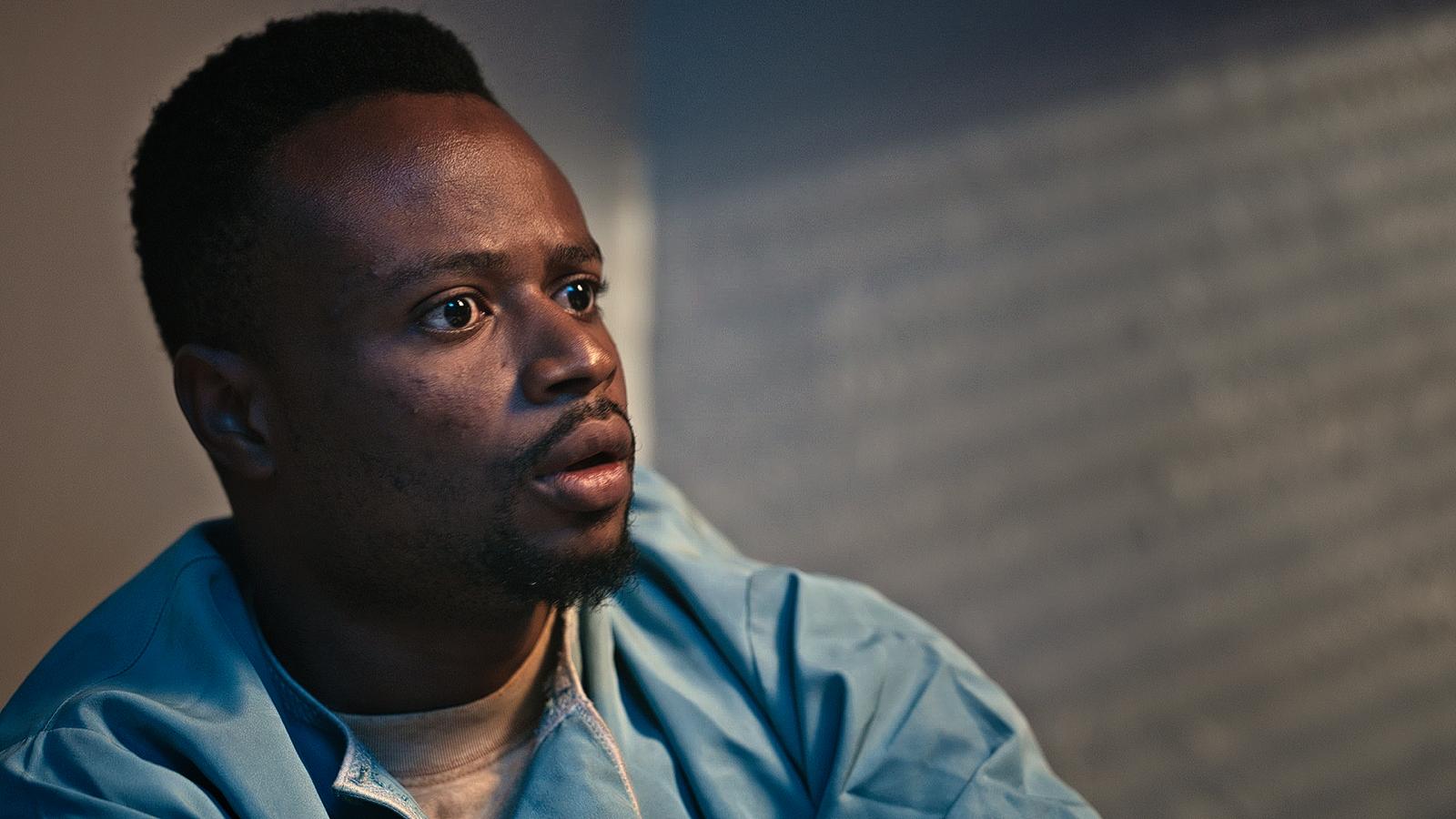
Abdul’s Journey
The story follows Abdul, a young man portrayed by newcomer
Athmani Shughuli, who lives a dual life.
One side is rooted in the discipline and teachings of the
mosque, while the other is entangled in the underworld of Mombasa’s streets.
His fragile balance collapses when his mother is violently
attacked during a robbery orchestrated by the very gang he is tied to.
Overwhelmed by guilt, Abdul finds himself struggling with
silence, faith, and loyalty. His inner battle mirrors that of many young men in
Mombasa who face daily pressures from both family and the streets.
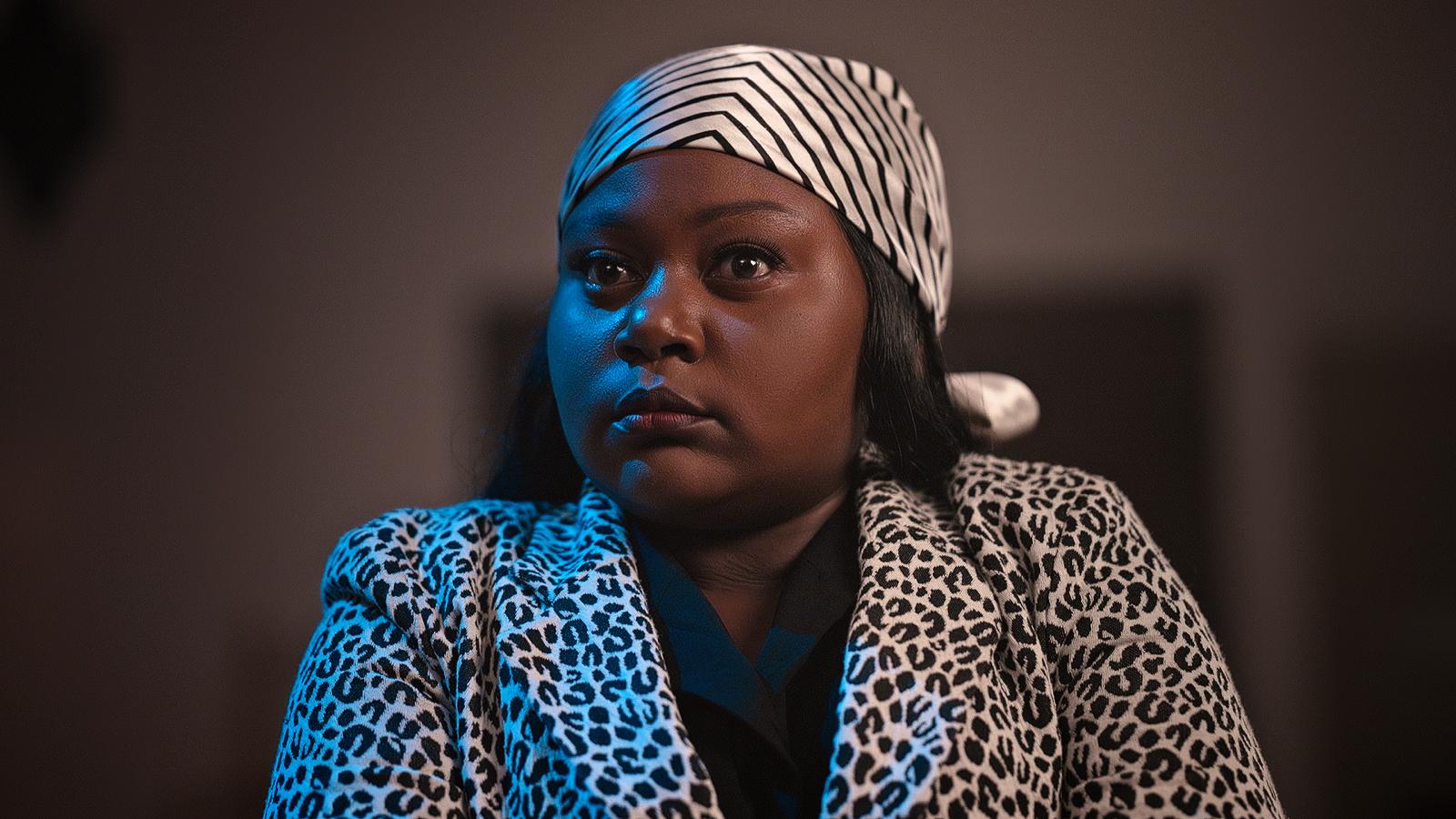
The powerful criminal ring that Abdul is part of is led by Lady Donata, a ruthless gang boss played by award-winning actress Neema Sulubu.
She recruits young men, manipulating their vulnerabilities
and sending them to steal for her syndicate.
Star-Studded Cast
While Shughuli makes a strong debut, the film features a
wide range of veteran actors who bring experience and weight to the story.
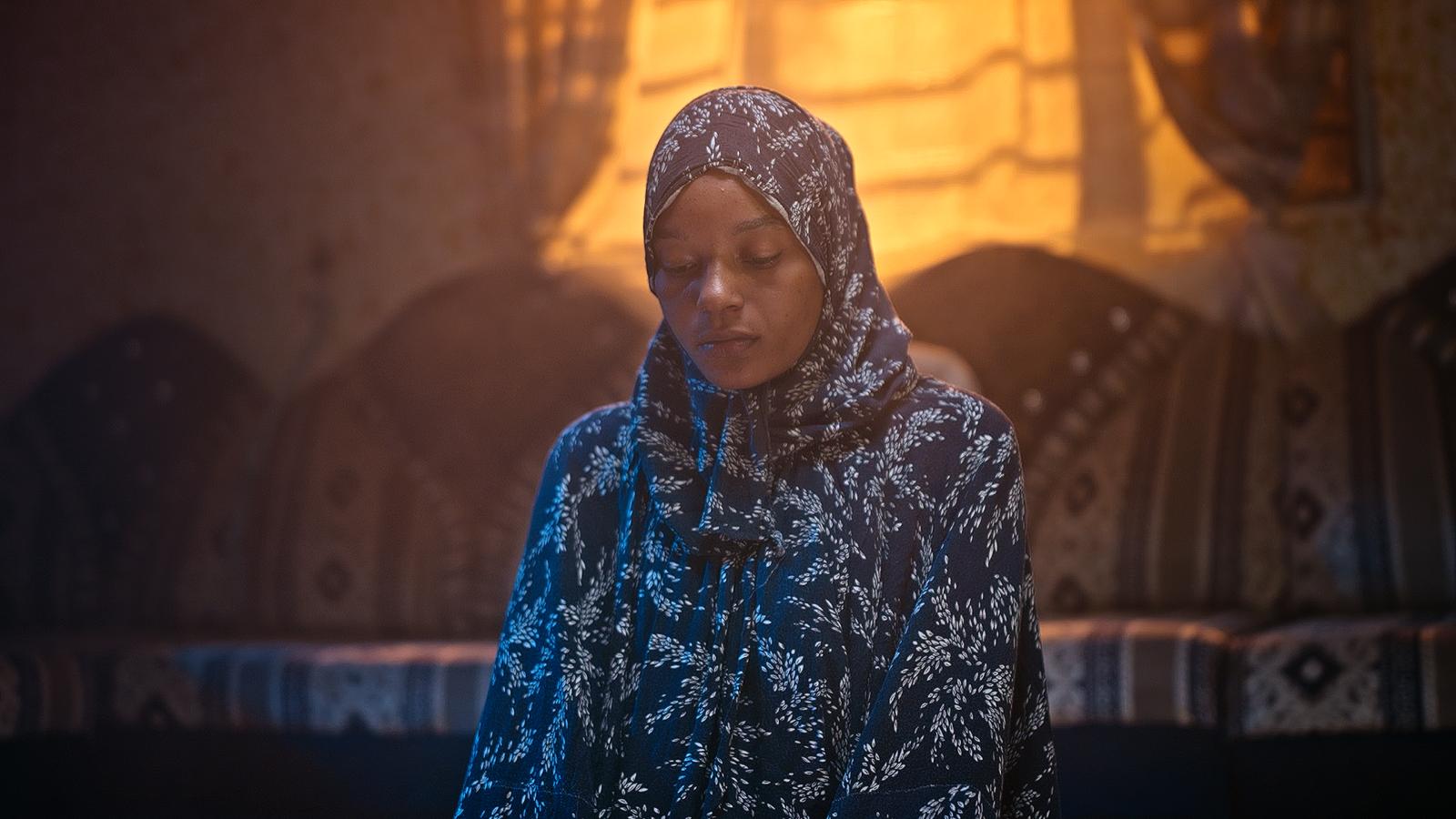
Ayubu Mshefa, Carolyne Rita, Juma Shibe, and seasoned actor Victor Opondo enrich the film with dynamic performances.
Patrick Owino also joins the cast as a politician, suggesting a darker connection between crime and power in the city.
The women characters stand out as well. Hidaya, played by
the legendary Sikukuu Khamisi, and Habiba, portrayed by rising star Hidaya
Jamal, embody quiet resilience and strength, challenging traditional portrayals
of women in Kenyan film.
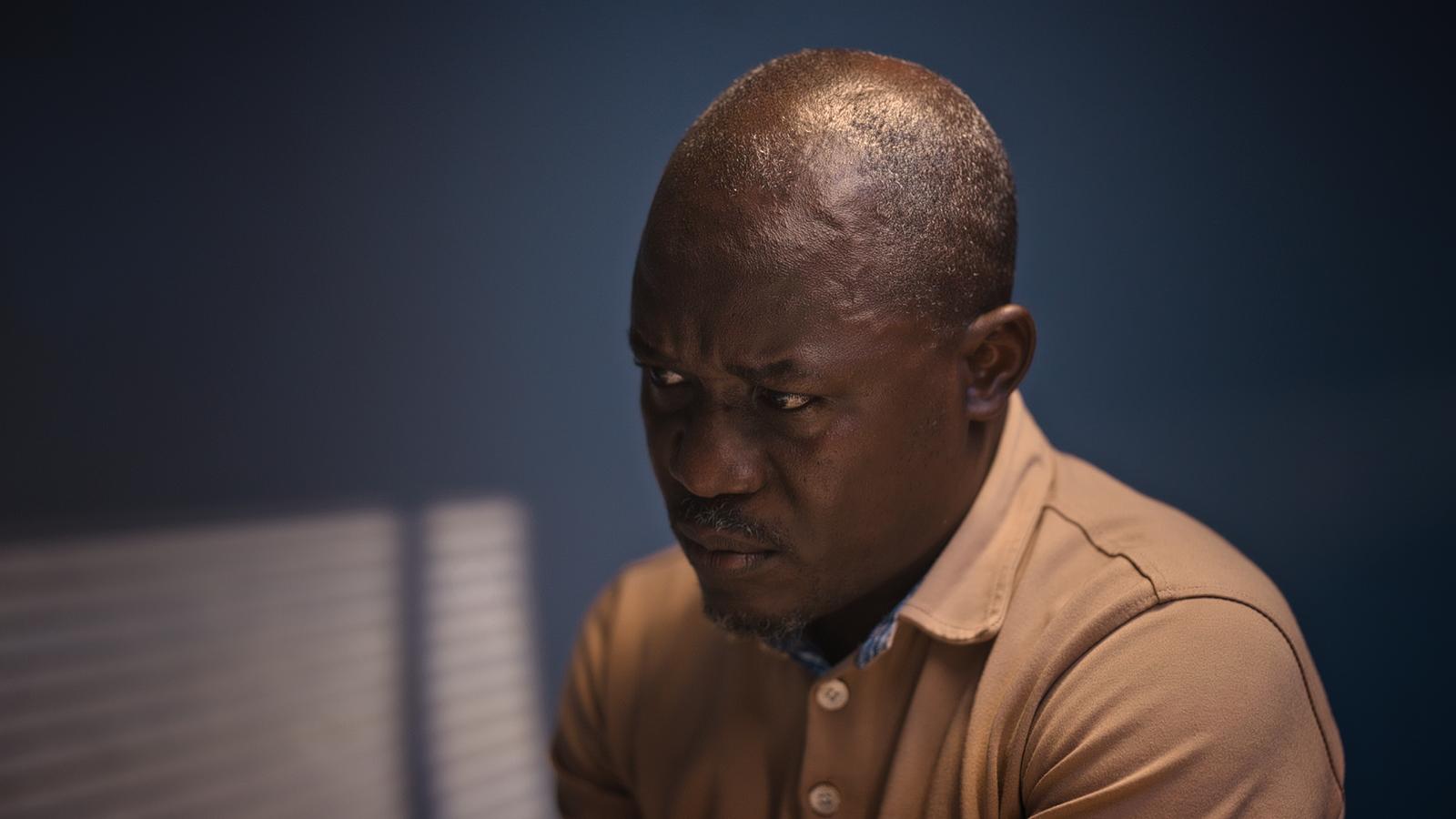
Rooted in Reality
The film was written by Hafsa Addasah, whose script threads
together themes of faith, blood ties, betrayal, and resilience.
The narrative refuses to romanticize street life, instead
presenting its harsh realities alongside moments of spirituality and grace.
Director Lucky Collins, better known as Collins L. Mturi,
brings authenticity to the project. He describes THE CALL as an attempt
to capture the “silent battles” that many young men fight every day, the
tug-of-war between survival and conscience, between sin and redemption.
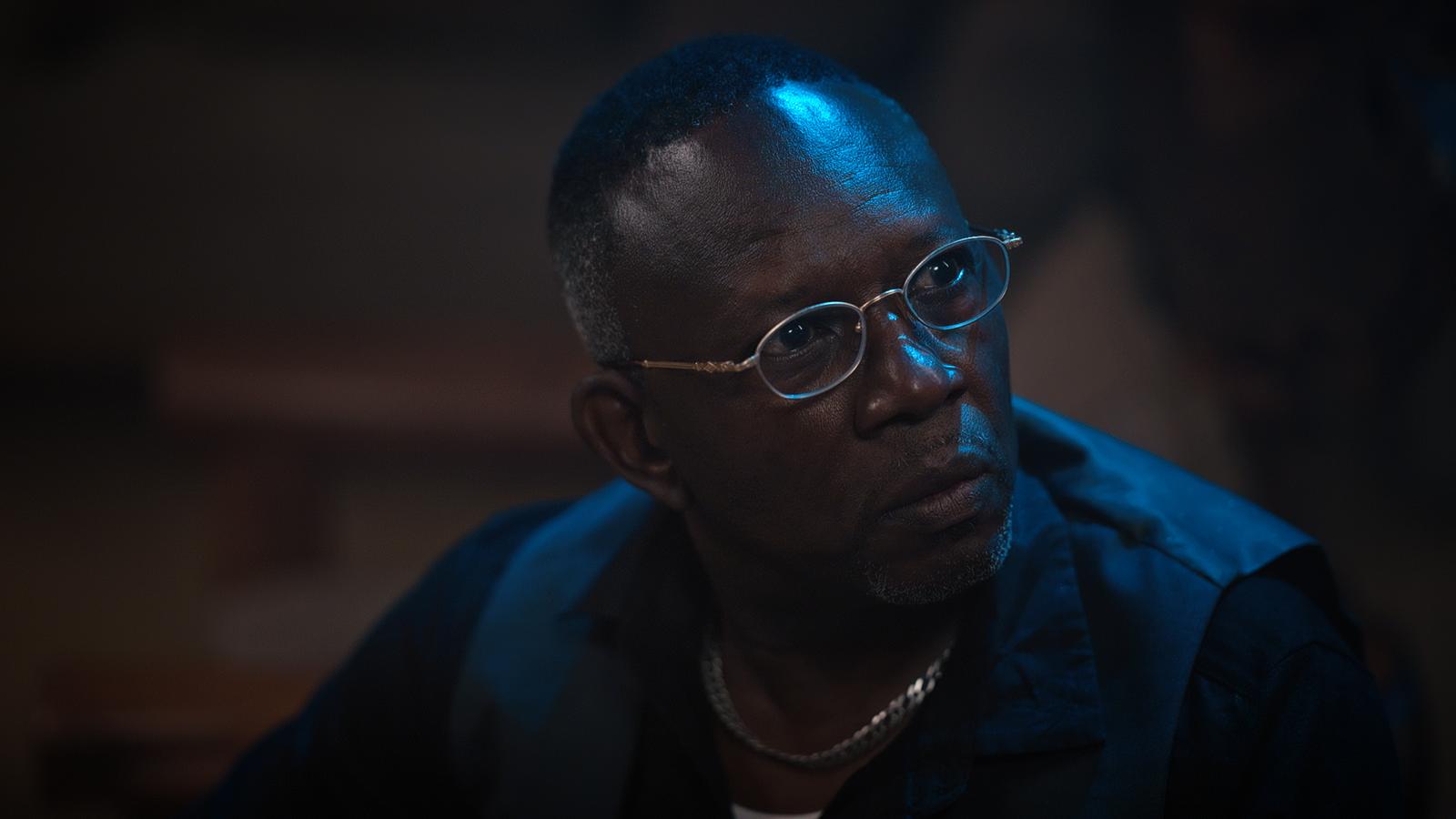
Mturi emphasizes that Mombasa is not simply the location but
a character in itself. The film’s visuals weave together the city’s contrasts,the
haunting sound of the adhan echoing through narrow alleys, the beauty of
coastal culture, and the despair of young men trapped in cycles of poverty and
crime.
Through Abdul’s story, Mturi highlights deeper themes of masculinity, family duty, and resilience, grounding them in the very soil of Mombasa.
A Director’s Return
For Mturi, THE CALL marks a personal milestone. His
career began in 2009 as an intern camera operator on the TV drama Waridi.
He went on to work in major productions such as Mali
and collaborated with respected directors like June Ndinya, Henry Lenga, and
Victor Gatonye.
His return to Mombasa brought him to Ashiner Pictures, where he directed and shot projects such as Utandu, Almasi, Sumu, Kashfa, Nyota, and Penzi.
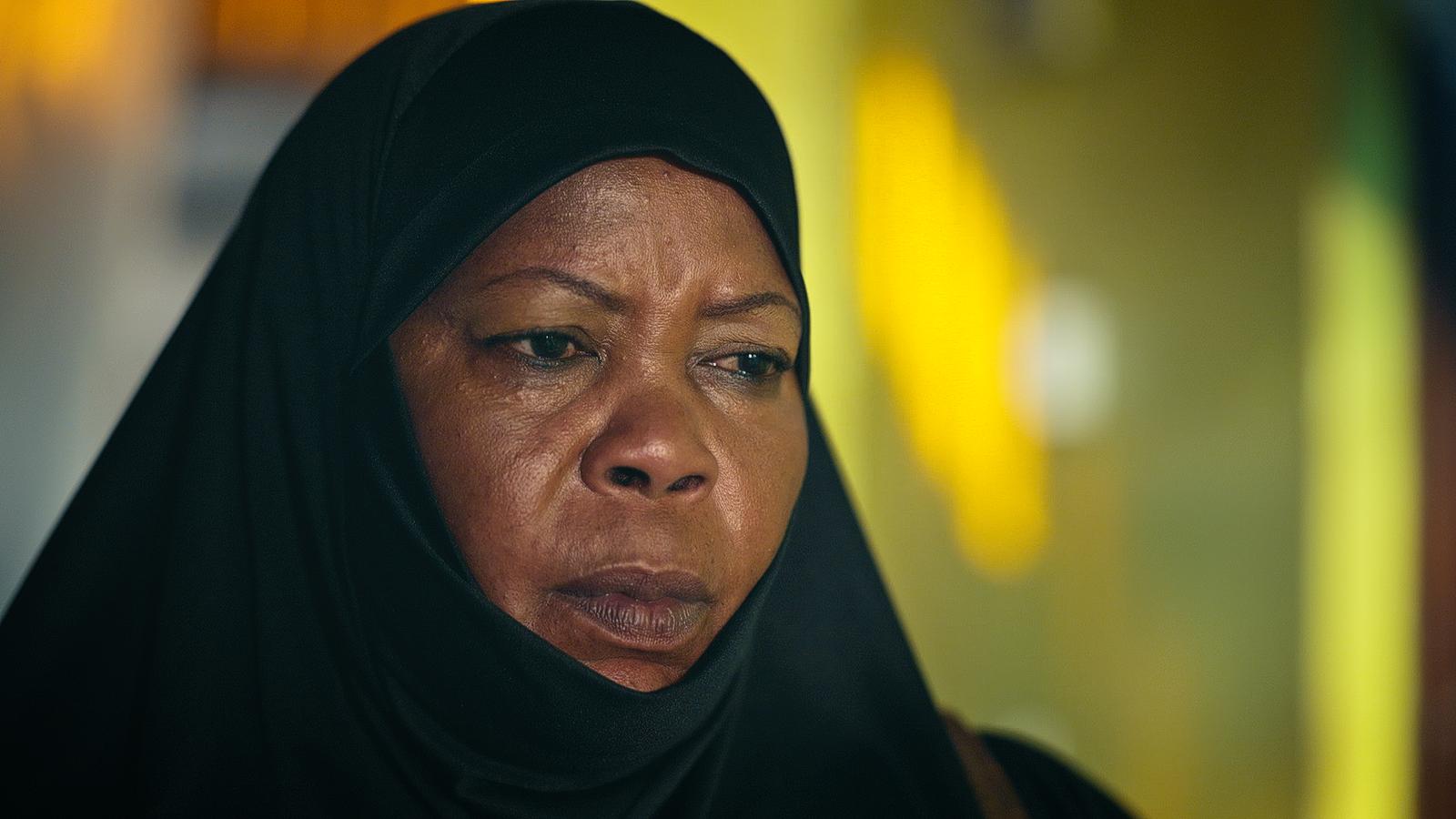
However, in 2018, he stepped away from the industry, leaving fans and colleagues wondering if he would return.
With THE CALL, Mturi re-emerges not only as a director but also as a storyteller willing to confront harsh truths.
His comeback signals a new chapter for coastal film production, where local stories are told with honesty and artistry.
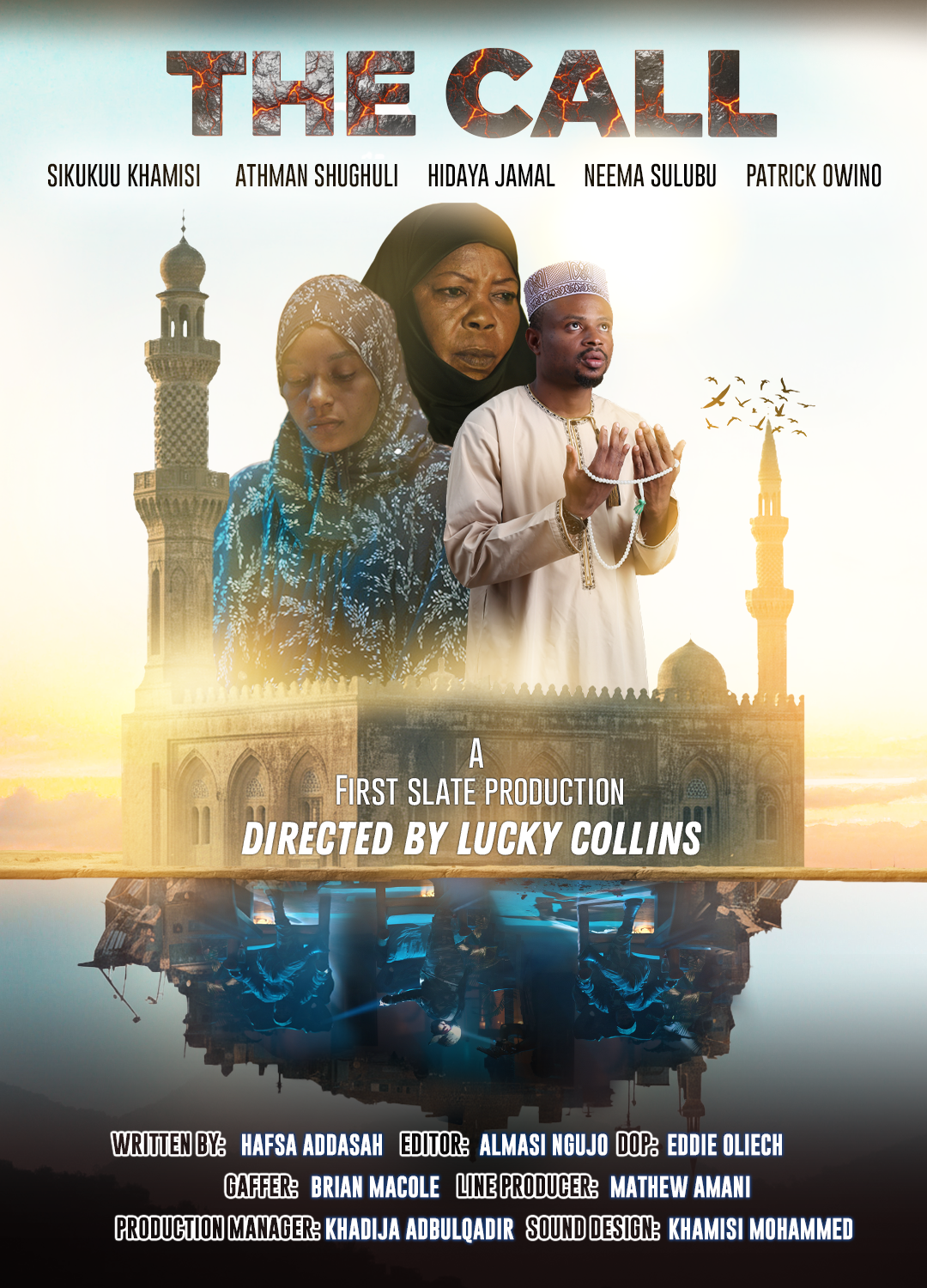
As the country’s film industry grows, THE CALL demonstrates that powerful stories rooted in local realities can resonate widely.
By shining a light on the struggles of young men and the influence of crime, faith, and politics, the film positions itself as both a mirror and a conversation starter.
For audiences, THE CALL offers more than entertainment. It is a wake-up call about the dangers lurking in urban life, the resilience of family ties, and the possibility of redemption.

Quality meets market's harsh reality.

Lights, camera, Kenya!